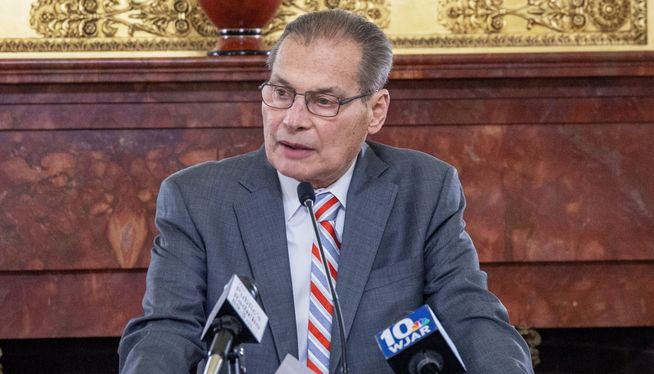
PROVIDENCE, R.I. (AP) — Senate leaders in Rhode Island are pushing a 25-bill package aimed at making health care more affordable and easier to access.
One piece of the package would let the state buy medical debt using federal COVID-19 dollars. Under the proposal, the state could purchase the debt for pennies on the dollar using American Rescue Plan Act funds and then eliminate the debt for certain Rhode Island residents.
To be eligible, residents would need to have medical debt that equals 5% or more of their annual income or have a household that is no more than 400% of the federal poverty line.
Similar efforts have been done in Connecticut, New York City, and Cook County, Illinois, backers said.
The legislation would also require hospitals to screen uninsured patients to see if they are eligible for Medicaid or Medicare, prohibit debt collectors from reporting medical debt to credit bureaus, and ban the practice of attaching liens to a person’s home because of medical debt.
Democratic Senate President Dominick Ruggerio said health care providers and consumers are feeling enormous strain.
“Few issues are as important as health care, and right now, our health care system is in critical condition,” Ruggerio said in a written statement Tuesday. “But for too many people in our state, care is too expensive or too difficult to get.”
The package aims to improve access to health care providers in part by setting aside $2.7 million for primary care practices to serve as clinical training sites and funding a 4-year scholarship program for primary care physicians, nurse practitioners, and physician’s assistants.
Another element of the legislative package calls for the creation of a state drug affordability commission to determine whether the cost of a drug is affordable.
If the commission finds the cost in Rhode Island isn’t affordable to health care systems and local residents, it could set a cost for the drug that all state programs, local governments, state-licensed commercial health plans, state-licensed pharmacies, wholesalers and distributors would have to adhere to.
Those agencies would be banned from paying more for the drugs than the rate set by the commission.













